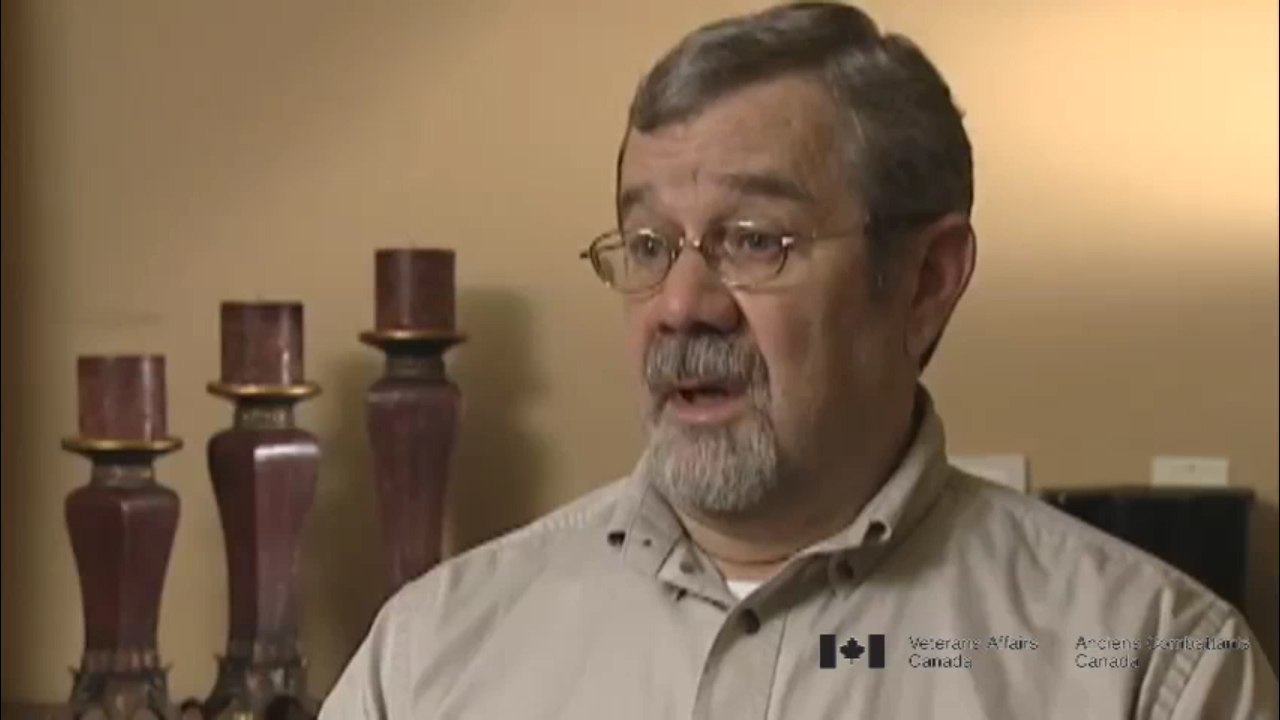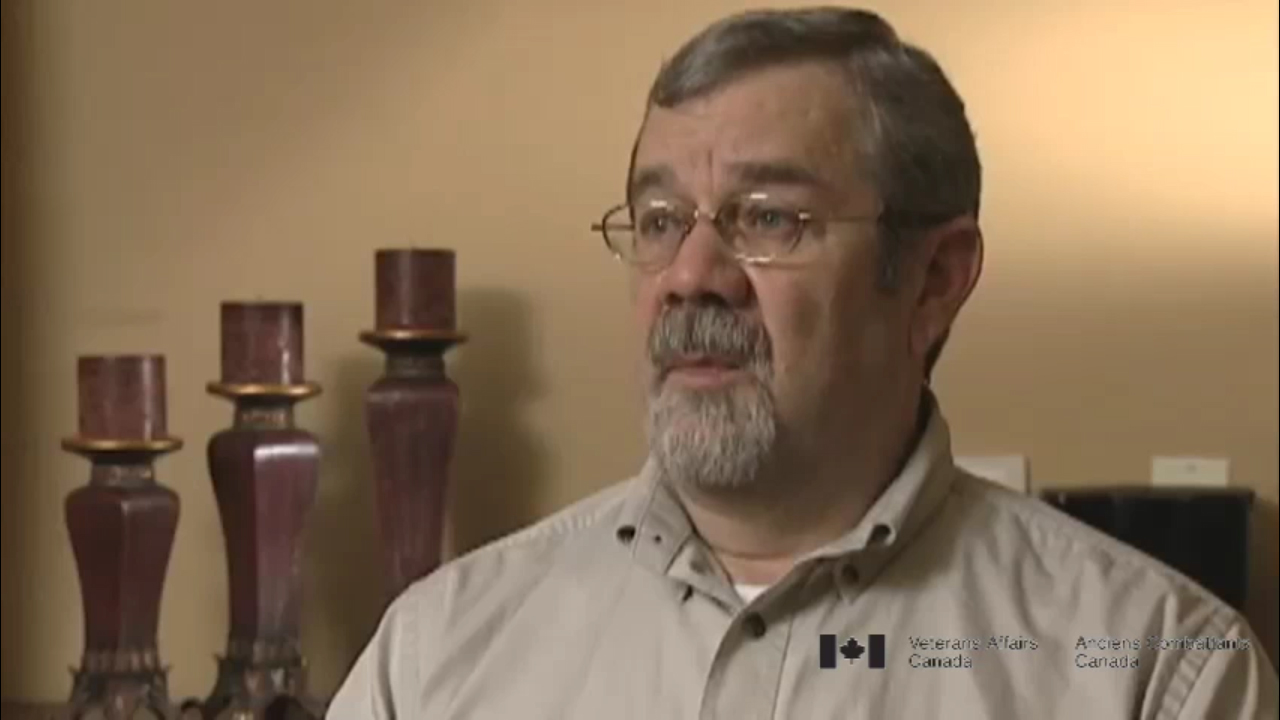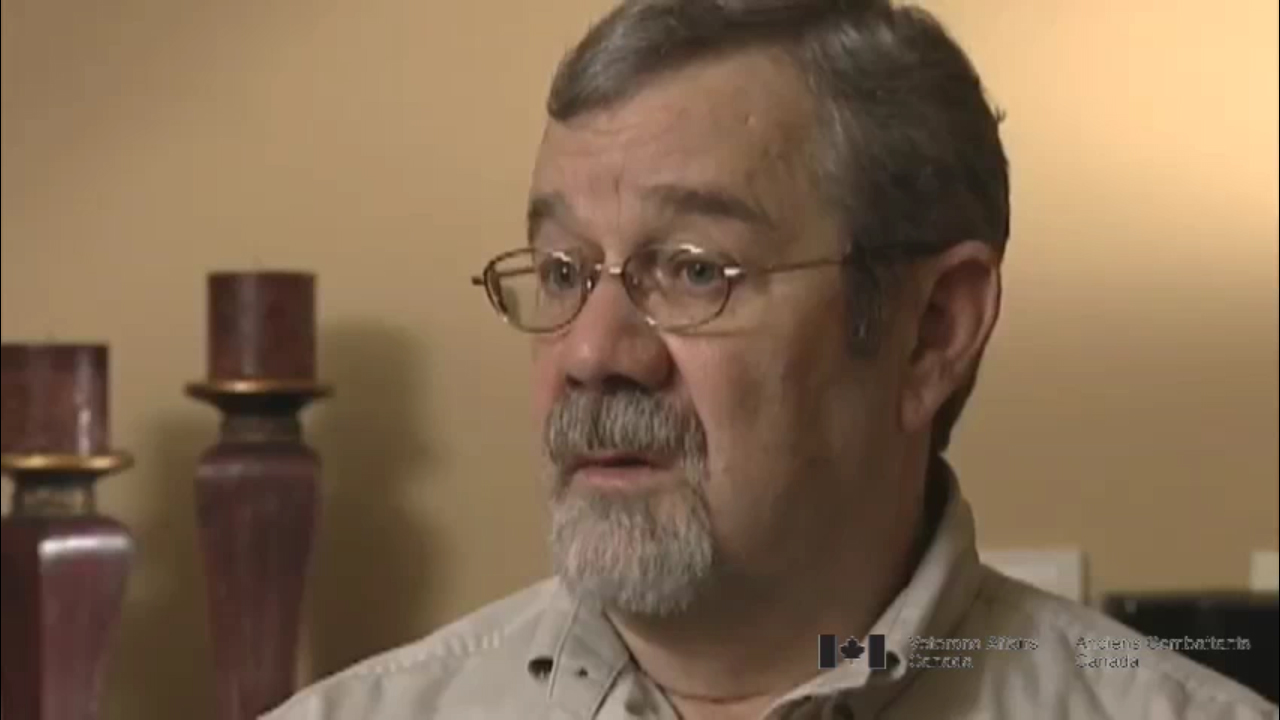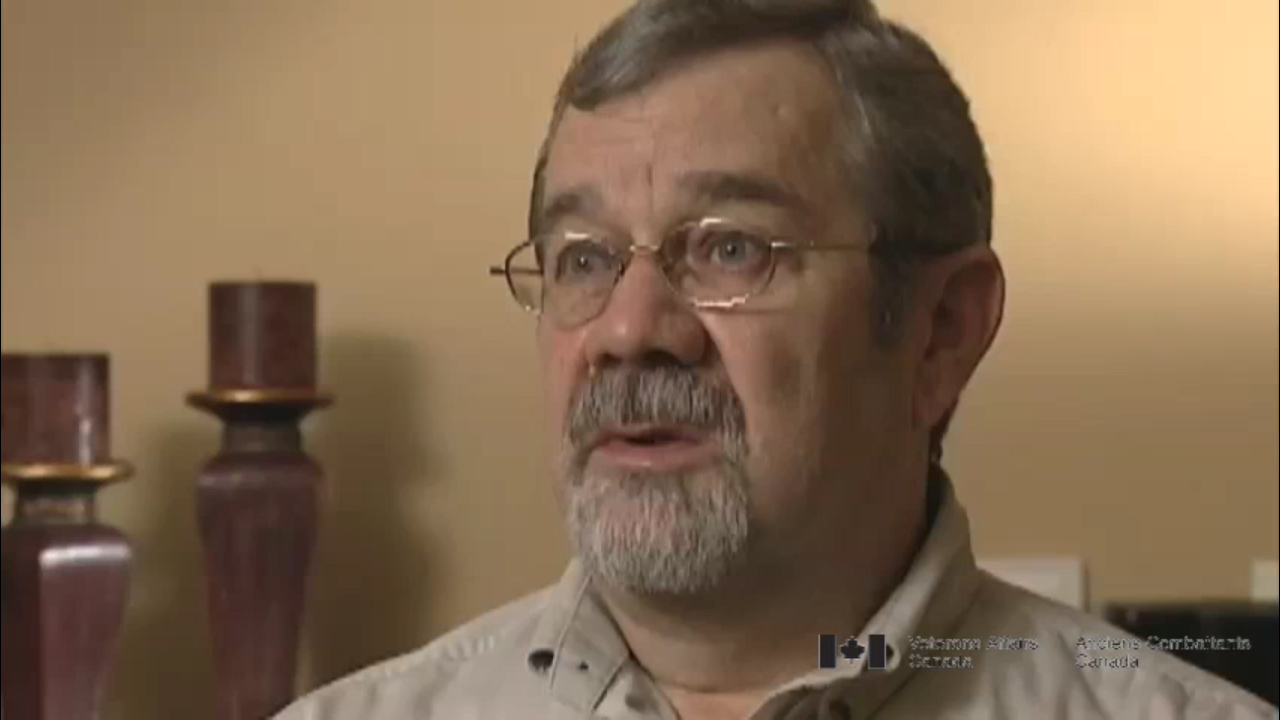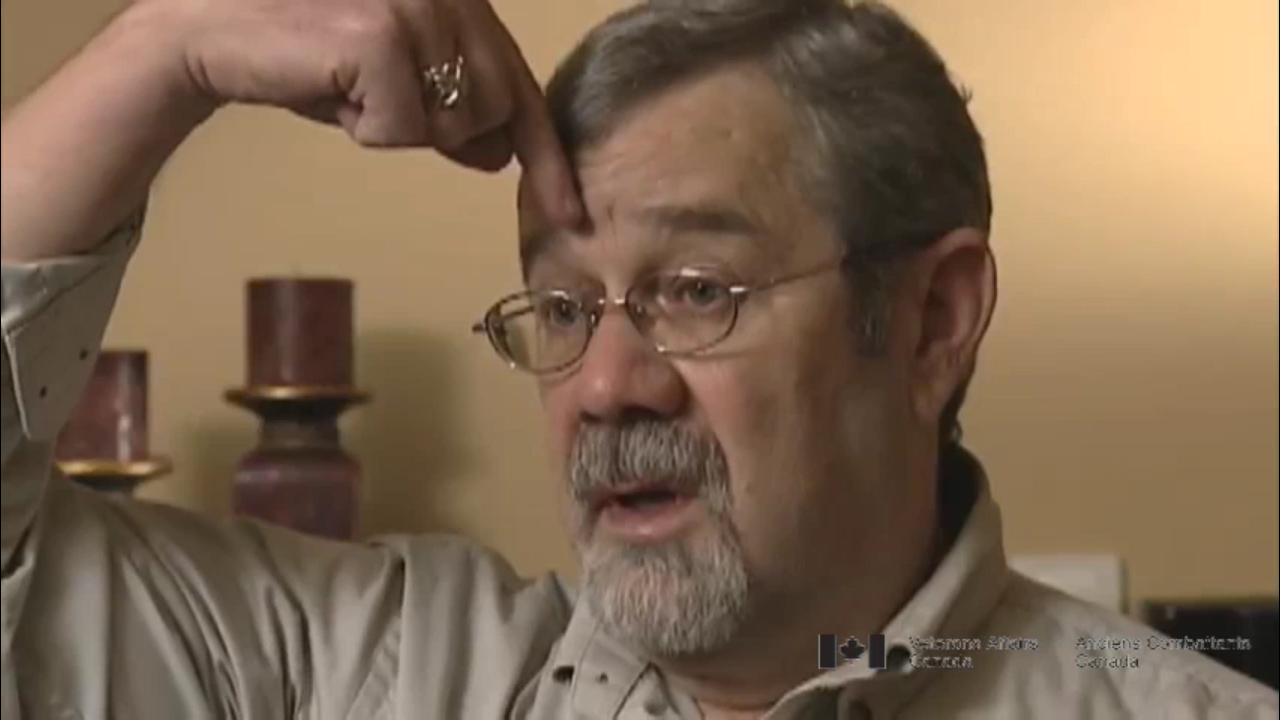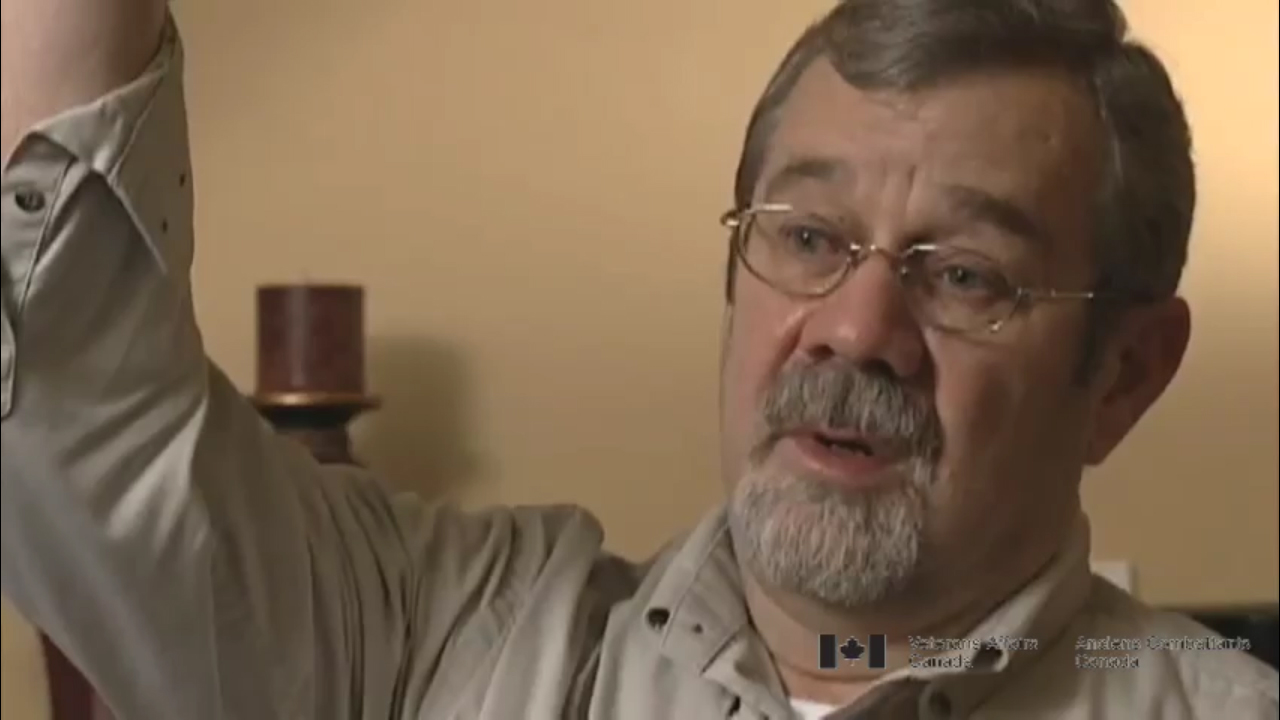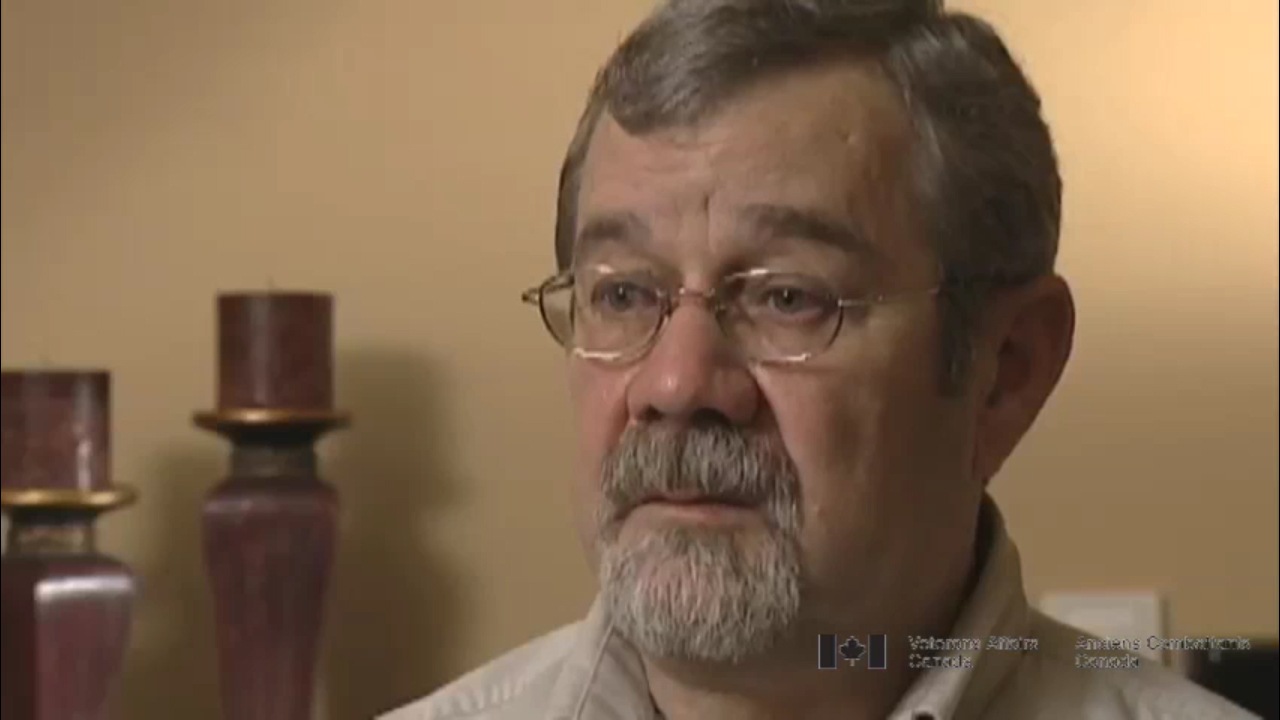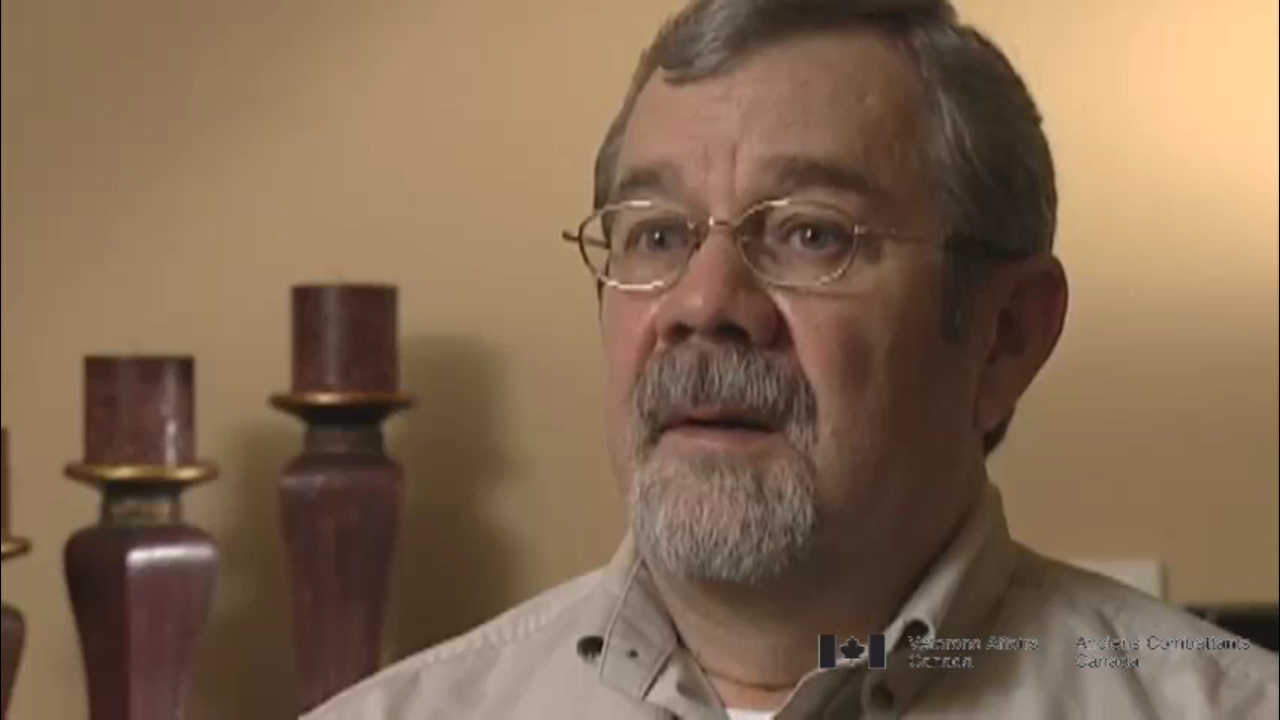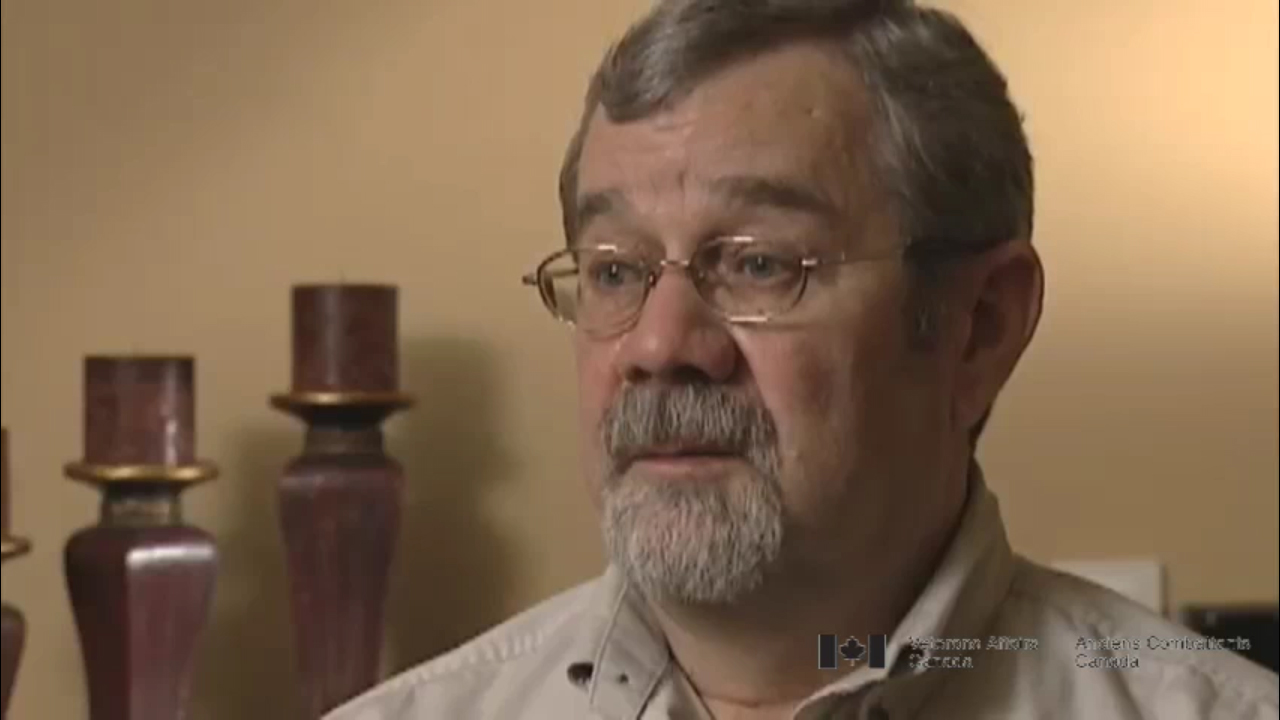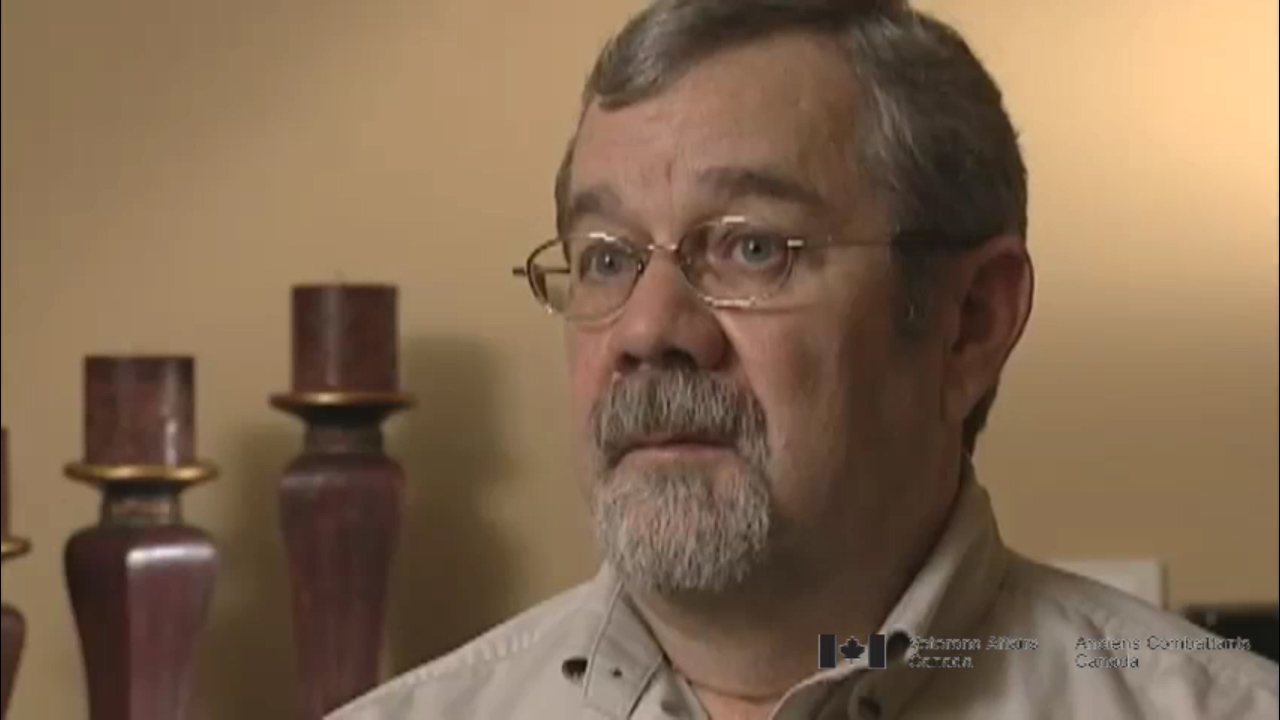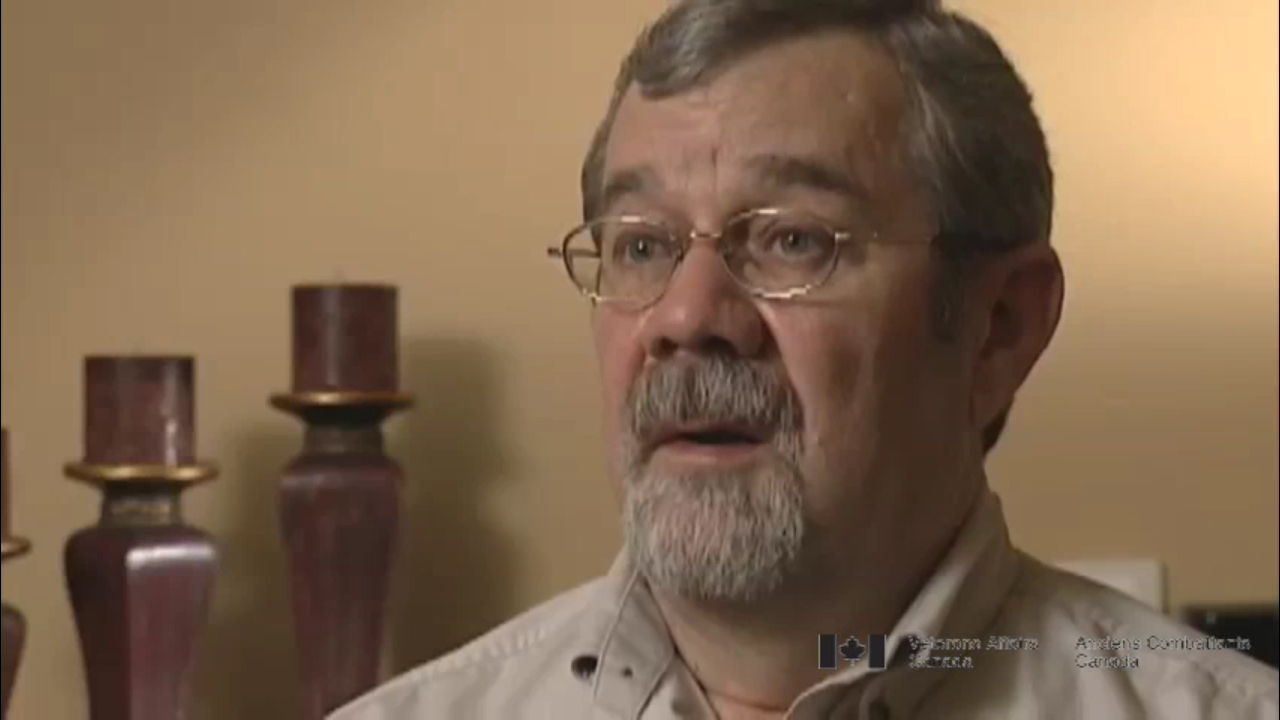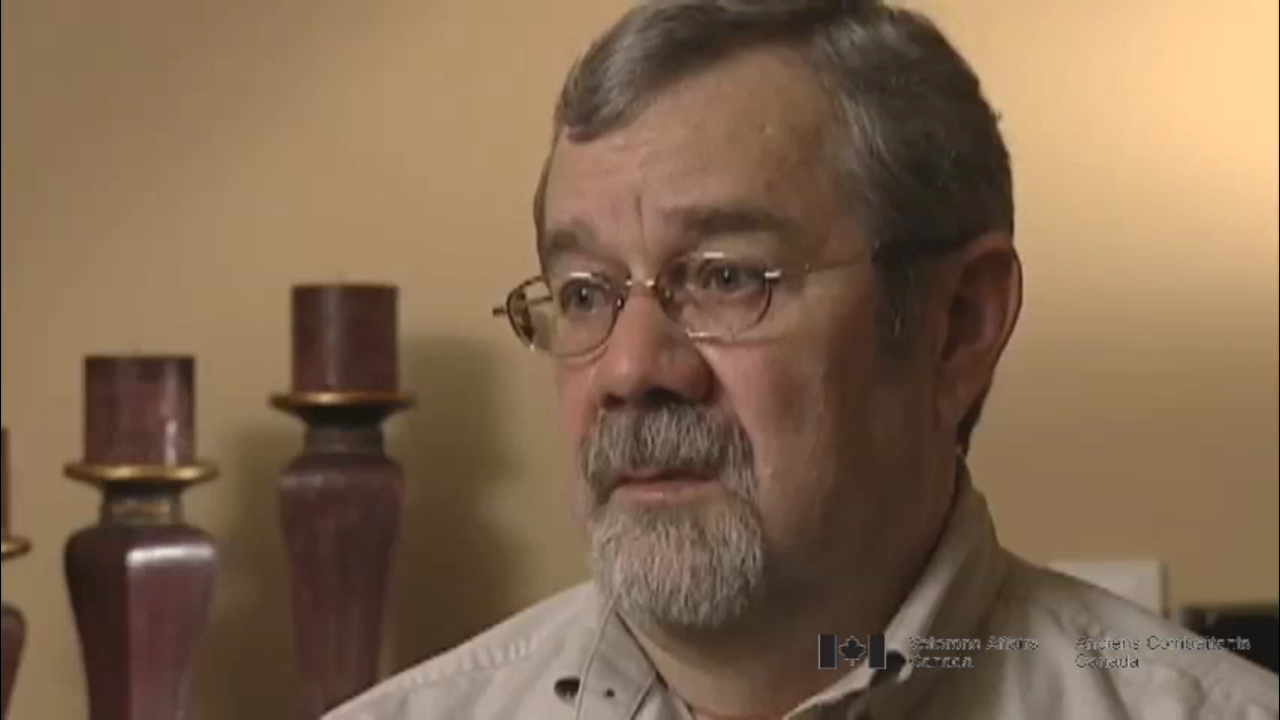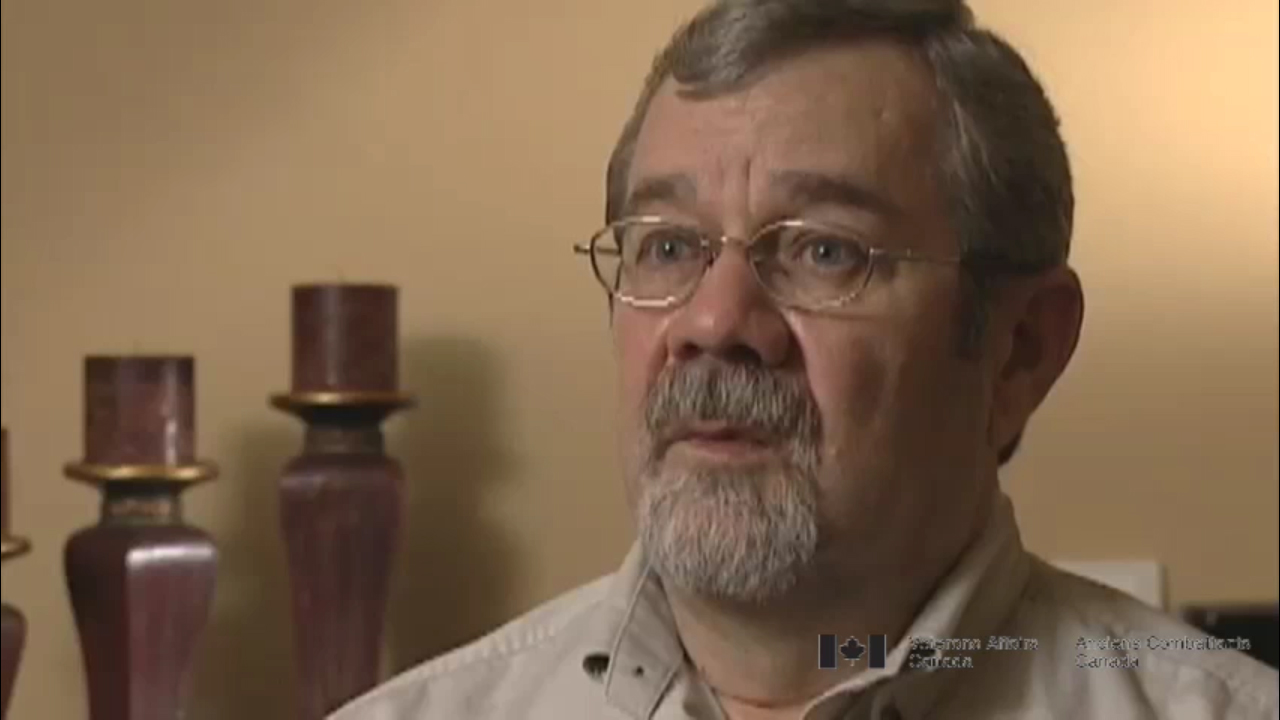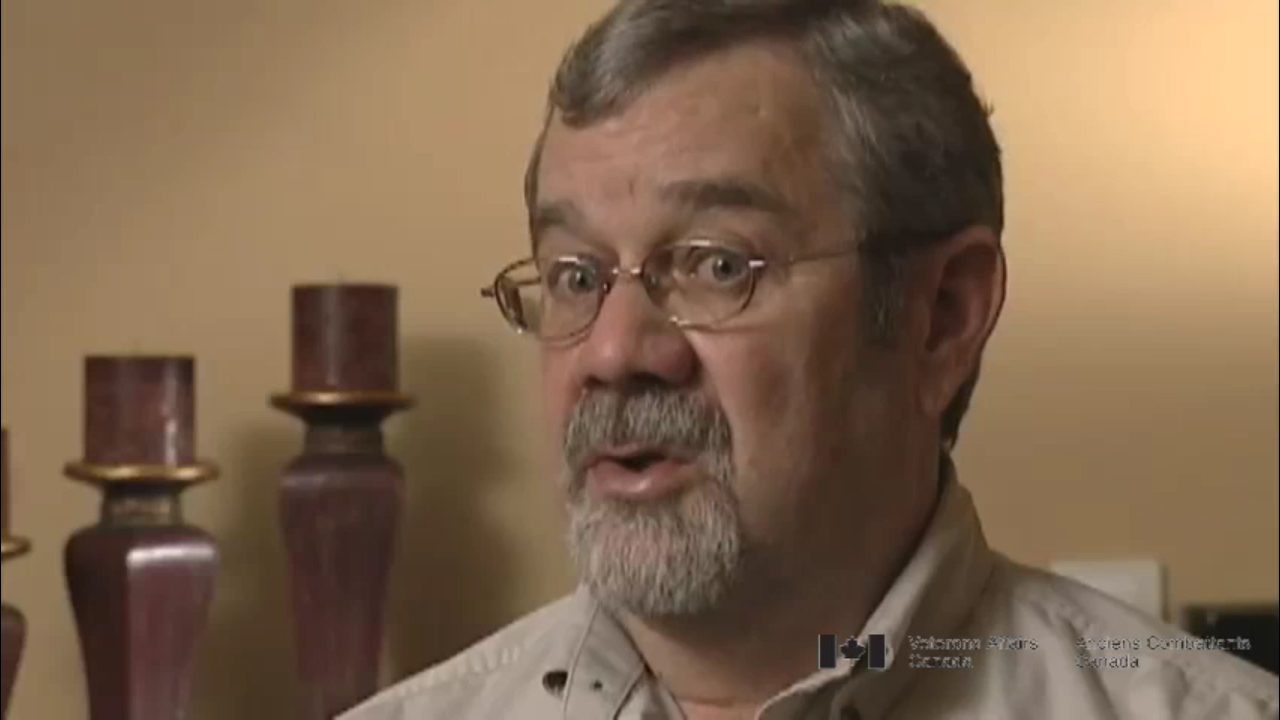Our mission was to go to Camp Rasulpur and train as many
Afghan refugees as we could. And the facilities that we were
given were just simply large marquee tents, like big circus
tents and we would have groups of 75, 80 Afghans at a time
and they would have their own leadership within there
just like they do today. There would be one Afghan who
was in charge of that group. And he was what we would call
equivalent of a company commander or a squadron commander
in the Canadian Army. So, some of them were only young men.
There was one guy that was about 16 or 17 and he was
the leader. And there were men in there that were in
their forties who when this young fellow said whatever he said,
they did it, without question, no hesitation, but they were
there more for rest and relaxation and to get fifty
US dollars. Fifty bucks to these guys at the time was just
about, you know, the typical income for a year for an
Afghan man. They were getting that in ten days so yeah,
they lined up in droves to take that training.
One example that I can give you, why I say we really didn’t
teach them anything. We had a series of training mines,
every possible mine infused with those mines that was expected
and known to be found in, you know, in Afghanistan.
One mine we did not have a fuse for. We had a training mine,
but we didn’t have the fuse. And we had a large picture
of it on a sheet of bristol board, you know, professionally done.
It wasn’t, you know, crayon type drawings. It was a professional
piece. But when we explained we didn’t have the fuse,
this little guy jumps up and said something and I don’t know
if it was Urdu, Farsi, Pashto, because often we would have
three or four languages in the tent which caused some
grief on its own because that meant three or four interpreters.
So what we would teach to a Canadian soldier in 45 minutes
would take like four hours to teach the same thing because
we would have to go from our English to Farsi to Pashto
to Urdu or whatever so they all got it and back again.
So it was a little monotonous and boring. Challenging too on
that aspect so you didn’t lose your own train of thought,
because when there’s that many languages coming at you,
you can’t differentiate one from the other.
But this little guy stood up and said whatever he said.
Some other kid probably fifteen years old at the back jumped up,
said something and out he went. But the little guy was sent
back to Afghanistan to get one of those fuses so that we
could see it. So that meant on foot through the mountains,
through the Khyber Pass, find the mine in a minefield,
get the mine out, get the fuse out of the mine and come all
the way back and he was back in three days. And he did this
in a pair of flip flops and I doubt that boy had any
more than water, maybe a bit of fruit and he came back with
that fuse to show us what it looked like.
So I don’t think we really taught them a whole bunch, you know.
We may have saved some lives by teaching them how to
identify mine fields before you actually hit them or get
caught in the middle of them, but other than that I think their
methods were pretty crude before that about finding minefields.



